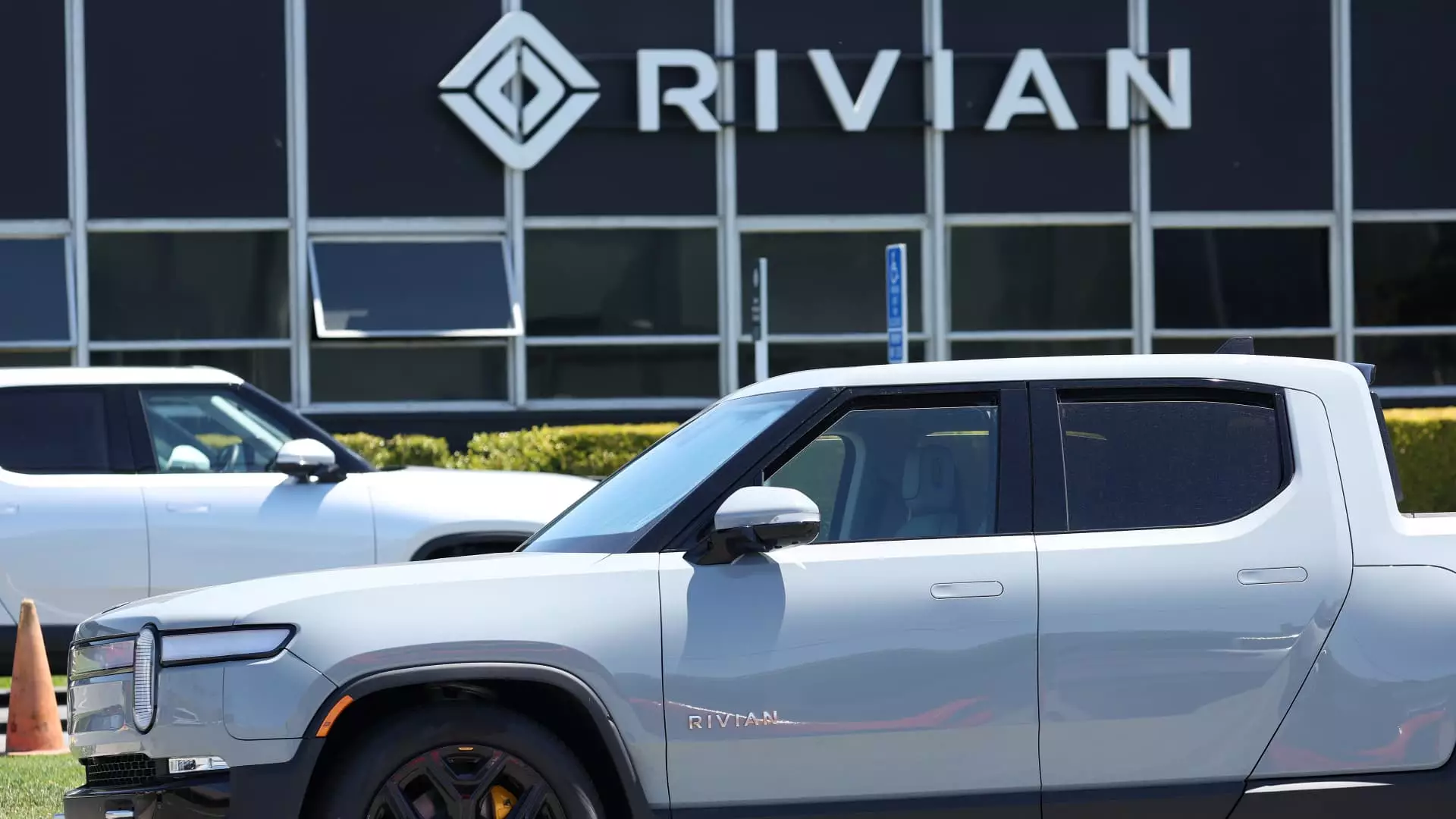The electric vehicle industry saw a significant tumble in shares of Rivian and Lucid on Thursday following the announcement of disappointing fourth-quarter results. Rivian experienced a sharp decline of about 25% in its shares, while Lucid’s stock plummeted almost 17% on the same day. These numbers are certainly concerning for the companies and their investors.
Rivian forecasted that it would produce 57,000 vehicles in 2024, which is slightly lower than the 57,232 vehicles manufactured by the company in the previous year. On the other hand, Lucid stated its intention to produce 9,000 vehicles in 2024, marking a marginal increase of 7% from the 8,428 vehicles it made in 2023. These projections hint at a rather stagnant growth trend for both companies.
While Rivian’s revenue of $1.32 billion for the quarter surpassed Wall Street estimates, the company’s net loss per share of $1.36 was disappointing to analysts. Similarly, Lucid reported lower-than-expected revenue of $157.2 million for the quarter, with a net loss of 30 cents per share, aligning with estimates. These financial figures have raised concerns among investors regarding the profitability of both companies.
The macroeconomic environment and higher interest rates have posed challenges for Rivian and Lucid, affecting their operations and financial performance. Both companies have acknowledged the impact of these external factors on their respective businesses, highlighting the need to adapt to changing market dynamics. Additionally, the companies have also aimed to expand their presence in new locations, such as Saudi Arabia, in an effort to diversify their market reach.
Despite significant investments in electric vehicles by various companies, overall sales growth has been slower than anticipated. EVs represented only 6.9% of total sales heading into December, indicating a slower adoption rate than initially projected. Rivian and Lucid, while making notable contributions to the EV market, still lag behind industry leader Tesla, which controls a significant portion of the market share. These statistics underscore the competitive landscape within the electric vehicle industry.
Both Rivian and Lucid have experienced a drastic decline in their stock prices over the past year. Rivian’s shares have dropped approximately 40% from their previous levels and have fallen a staggering 85% from their IPO price. Similarly, Lucid’s stock has seen a decline of about 70% in the past year, plummeting more than 75% from its IPO price. These trends highlight the challenges faced by electric vehicle makers in maintaining investor confidence and market value.
The recent setbacks faced by Rivian and Lucid reflect the volatile nature of the electric vehicle industry. As companies strive to navigate changing market dynamics, regulatory challenges, and competitive pressures, it is essential for them to adapt swiftly and innovate continuously to secure their position in the evolving market landscape.

